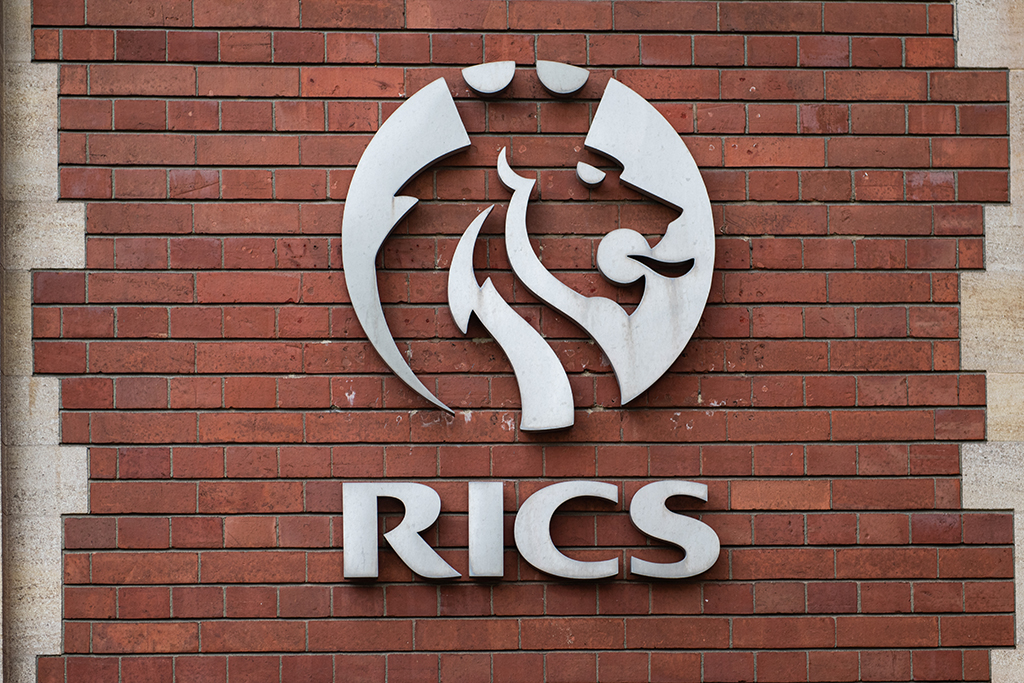
While the coronavirus outbreak has dominated government policy over recent months and will continue to do so for the foreseeable future, it has also drawn the attention to the importance of action on climate change. The UK government announced in 2019 its commitment to achieving carbon neutrality by 2050, but has a long way to go in order to achieve this.
The Royal Institution of Chartered Surveyors (RICS) is a world leading body for infrastructure, construction and property and regularly produces reports on factors affecting these areas In one of its latest papers – Retrofitting to decarbonise UK existing housing stock – it explores how the property market can play its role in the UK achieving its net zero carbon goal.
We’ve reviewed the report and have outlined our top three takeaways and what they could mean for the property industry below.
New build properties helping to achieve energy efficiency
A considerable part of the UK government’s housing targets are focussed on low carbon and energy efficient new builds. As a property developer, we are part of this story, giving great consideration towards the energy efficiency of our developments, with our City Tower and Brighton Marina projects achieving an EPC rating of B. With the government’s ambition to bring all dwelling to an EPC rating of C by 2035, investing in new builds will help achieve this.
However, as the title of the report suggests, RICS also stresses the importance of decarbonising existing property in the UK, especially given less than 1-2% of total building stock annually in the UK is new build so attention must be turned to improving the energy efficiency of existing homes too.
Addressing the skills gap
The report outlines that it is essential for the government to support the construction and built environment industries in addressing the skills gap related to sustainability and the mitigation of environmental impact, especially at an apprenticeship level. It also recommends engaging with industry to ‘improve public awareness of standards and professional competency-based advice and training in regard to energy efficiency retrofits and wider home improvement works.’
The report references a 2018 questionnaire, which found that only 40% of the property professionals surveyed felt they had the skills needed to fully embrace PropTech. Digital innovations are at the core of addressing the environmental shortcomings of the UK’s property industry. This reinforces the need to close the skills gap for the government to meet its green ambitions.
Green mortgages and variable stamp duty
While many people strive to be as environmentally conscious as possible, affordability usually takes priority over energy efficiency when searching for a new home. RICS champions the availability of more ‘green mortgages’, which offer preferential rates to more energy-efficient new builds.
Similarly, the Affordable Warmth, Clean Growth report found that ‘a variable stamp duty scheme could incentivise around 16 million homes to make energy efficiency improvements by 2035.’ RICS acknowledges this within the report, suggesting the government revisit the proposal. The report also recommends a review of the Stamp Duty Land Tax, with consideration towards creating a variable tax linked to energy efficiency.
The increased availability of green mortgages and the introduction of variable stamp duty will incentivise opting for more energy-efficient homes, by adding an economic benefit as well as an environmental one.
GRE Assets is a property investment company with major residential schemes in the UK and Spain.







